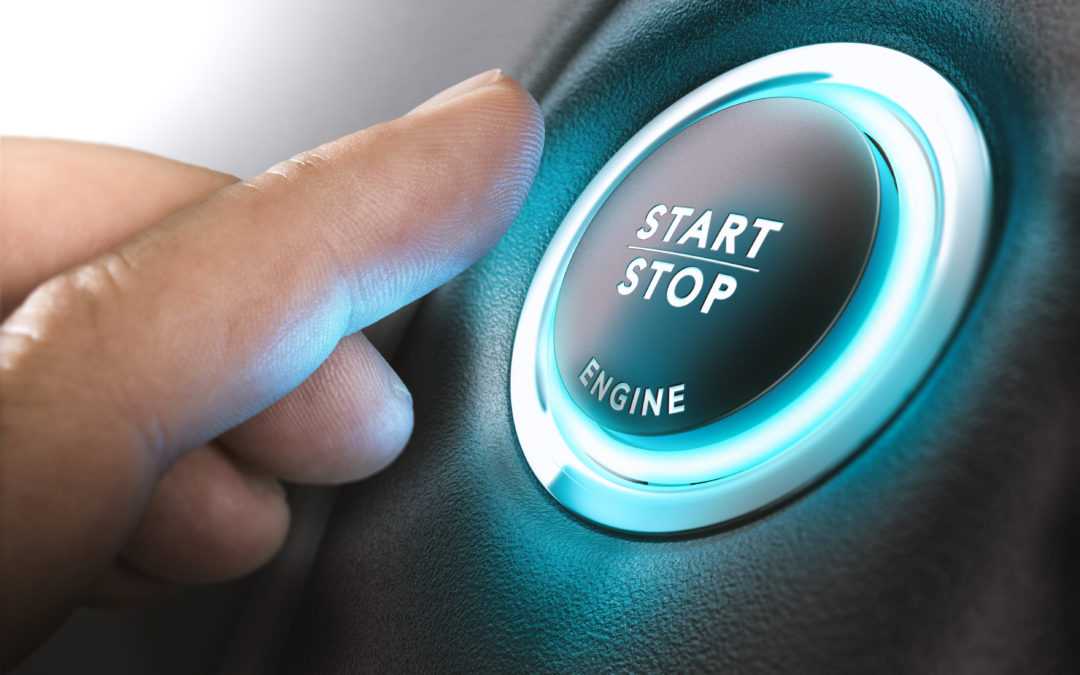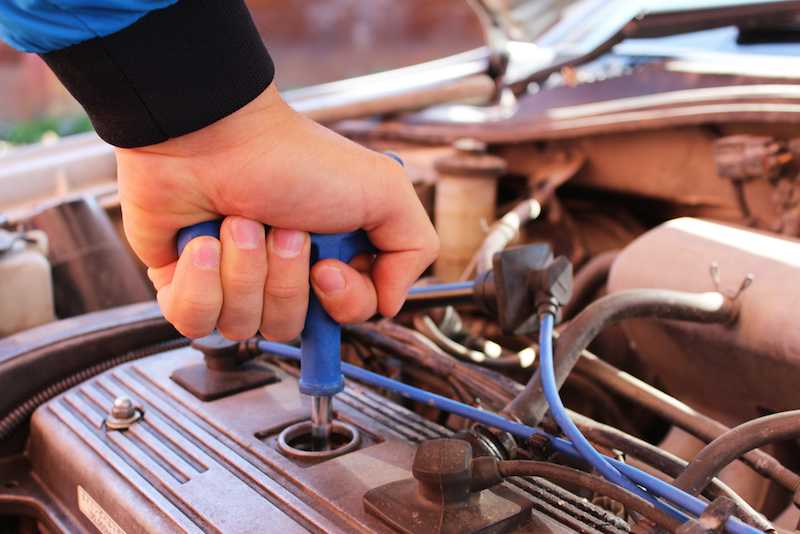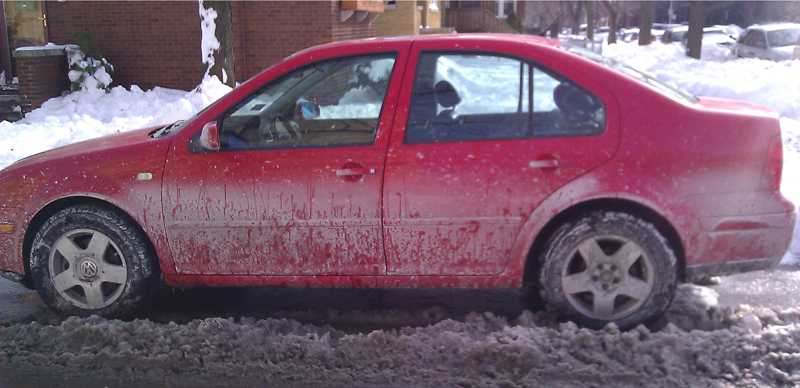Whether you have purchased a model fresh out of the factory or a used car, it needs to undergo checkup and maintenance work after driving a particular distance. Tuning up fixes the small issues before they turn into bigger ones, and that is why you must be aware of the signs that your car needs a tune up.
Tuning up involves minor fixes such as spark plug repair, wire and filter replacement, ignition time adjustment, and more. Go through the following sections to know when to get a tune up for your car.
Contents
Most Common Signs that Your Car Needs a Tune Up
You might be wondering about how to tell if your car needs a tune up. Follow these 5 signs of needing a tune up on your car.
1. Slow Start and Acceleration
Sluggish start and acceleration of cars are the signs that your car needs a tune up. When the vehicle does not get sufficient fuel or oxygen, or its combustion chamber experiences spark, you will find it hard to start the car. It is also possible that the vehicle will not start at all. Don’t ignore the trouble of starting the car as this can be a sign of an internal problem.

A weak battery or faulty fuel system can be responsible in this case. Trouble with the ignition might be the root cause that you can fix with a simple tune-up. Ask a mechanic to diagnose the actual cause. A decrease in acceleration speed is another symptom that you must not overlook and visit a mechanic immediately.
Tip: If your car does not respond after turning on the ignition key, it might be the time to get a new battery.
2. Frequent Stalling
Though stalling is a commonplace incident when you are learning to drive vehicles with a manual gear, it is not a good sign in other circumstances, especially when you are an expert driver with an automatic car. Occasional or frequent stalling of a car is an indicator of a severe issue.
Any of these following parts can be responsible for car stalling, such as a dead battery, flawed spark plug, faulty ignition, improper usage of a clutch, damaged fuel pump, and more. Tuning up can fix most of these minor issues and stop any bigger problem from occurring.
SEE MORE
3. Unusual Sound and Vibrations
While driving on some rough roads, it is normal to feel the vibration in the steering wheel and car frame. It happens due to the wheels’ contacting the coarse surface. But, beware of the vibration while you are driving on a smooth track. It indicates an internal issue and needs to be addressed quickly.
Inefficient car engines may cause your vehicle to knock during acceleration or climbing a hilly road. Also, faulty spark plugs may be the origin of unexpected noise while accelerating or when in idle mode. Pay heed to these issues as these indicate when to get a tune-up.
4. Bad Mileage
Not getting the expected mileage is one of the signs that your car needs a tune-up. Mileage is so crucial that it can make or break a car buying deal. Every driver has a fair idea about how many miles per gallon the vehicle can run. Without any reason, there is no way the mileage getting dropped suddenly one day.
If you are experiencing less mileage, it means the car is unable to burn the fuel the way it should. Dirty or problematic spark plugs or fuel injection issues could be the culprit here. In both cases, car tune-up will significantly improve fuel efficiency and vehicle performance.
Tip: Keep track of the car mileage each time you fill the tank. It will help in identifying any fuel inefficiency.
5. Rely on the Recommendations of the Manufacturer
Check the owner’s manual to know how often should you get a tune up. Every car manufacturer recommends a customized tune-up session for all car models. Follow this schedule, even if there is no sign of trouble, to prevent any technical problem from occurring.

Older vehicles that have a non-electronic ignition system should go for a tune up session after every 10,000-20,000 miles. For a modern vehicle, you should go for a tune-up between 30,000-100,000 miles. If there is any doubt about the tune-up instructions, talk to an experienced mechanic.
Final Words
Every car needs to be tuned up after a certain time, and this saves from the potential failure of different components. Be aware of these common signs that your car needs a tune up mentioned above. If you notice any of these, take the vehicle to the nearest repair shop or the dealer immediately. Even if there are no such signs, visit a mechanic for car health check-up after the recommended period.



